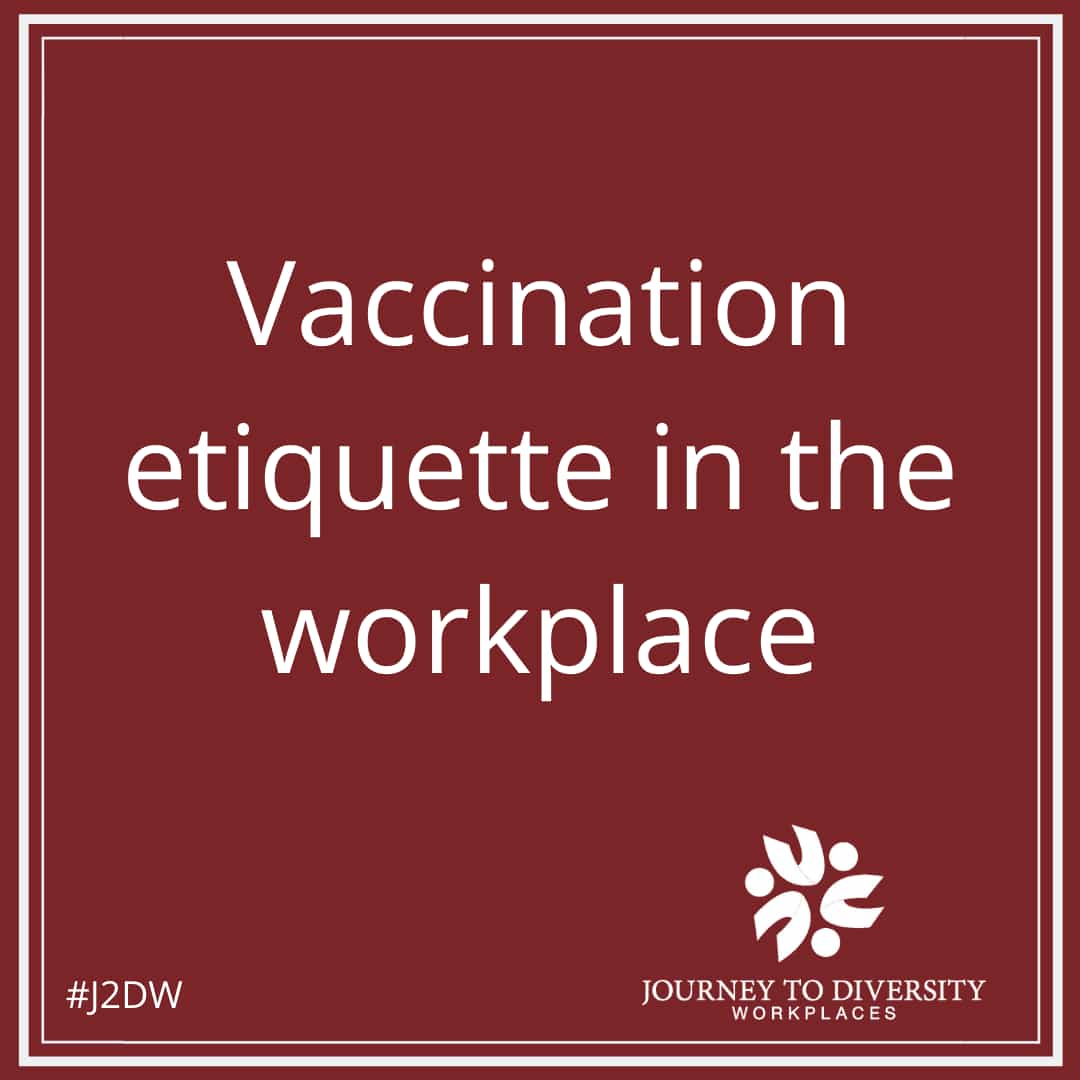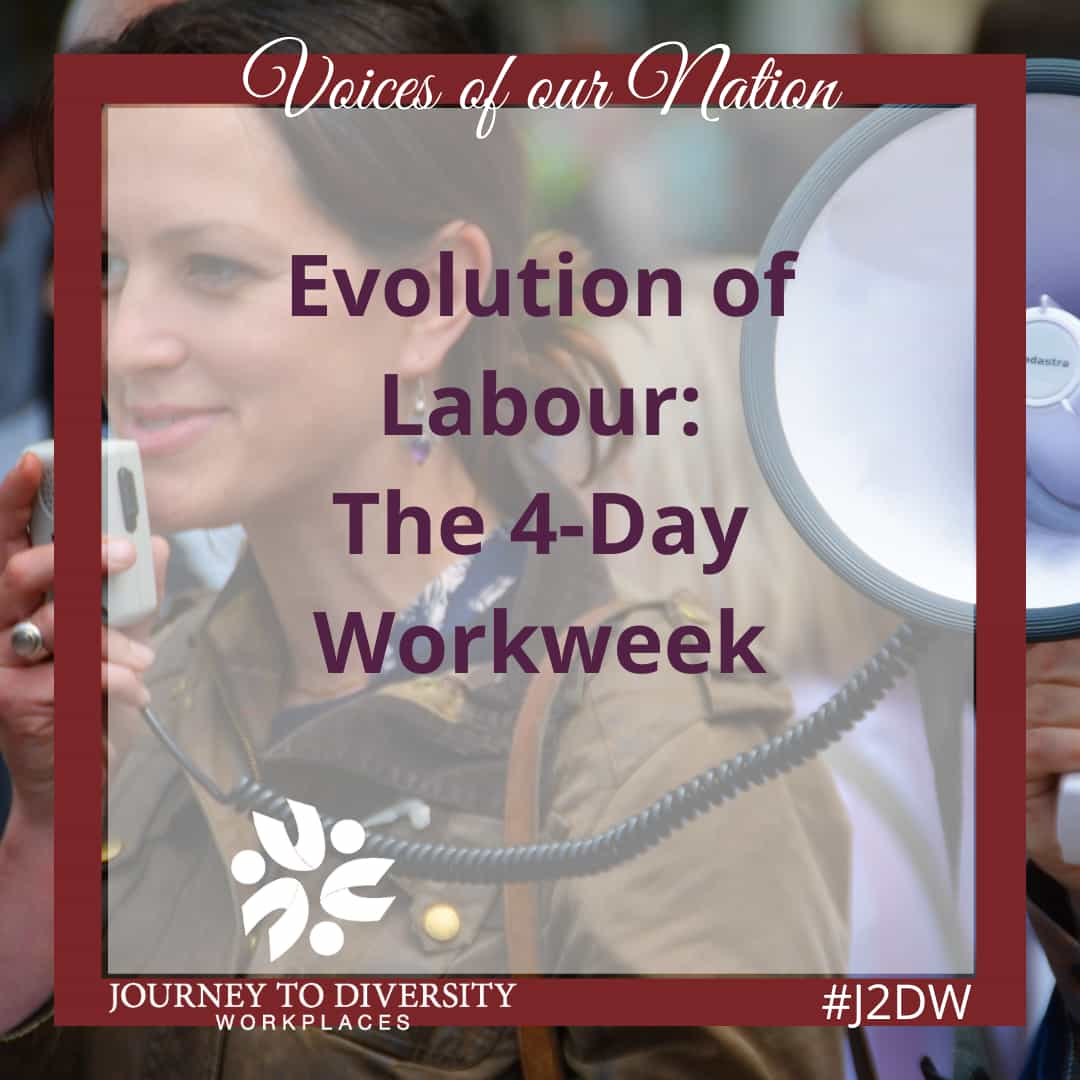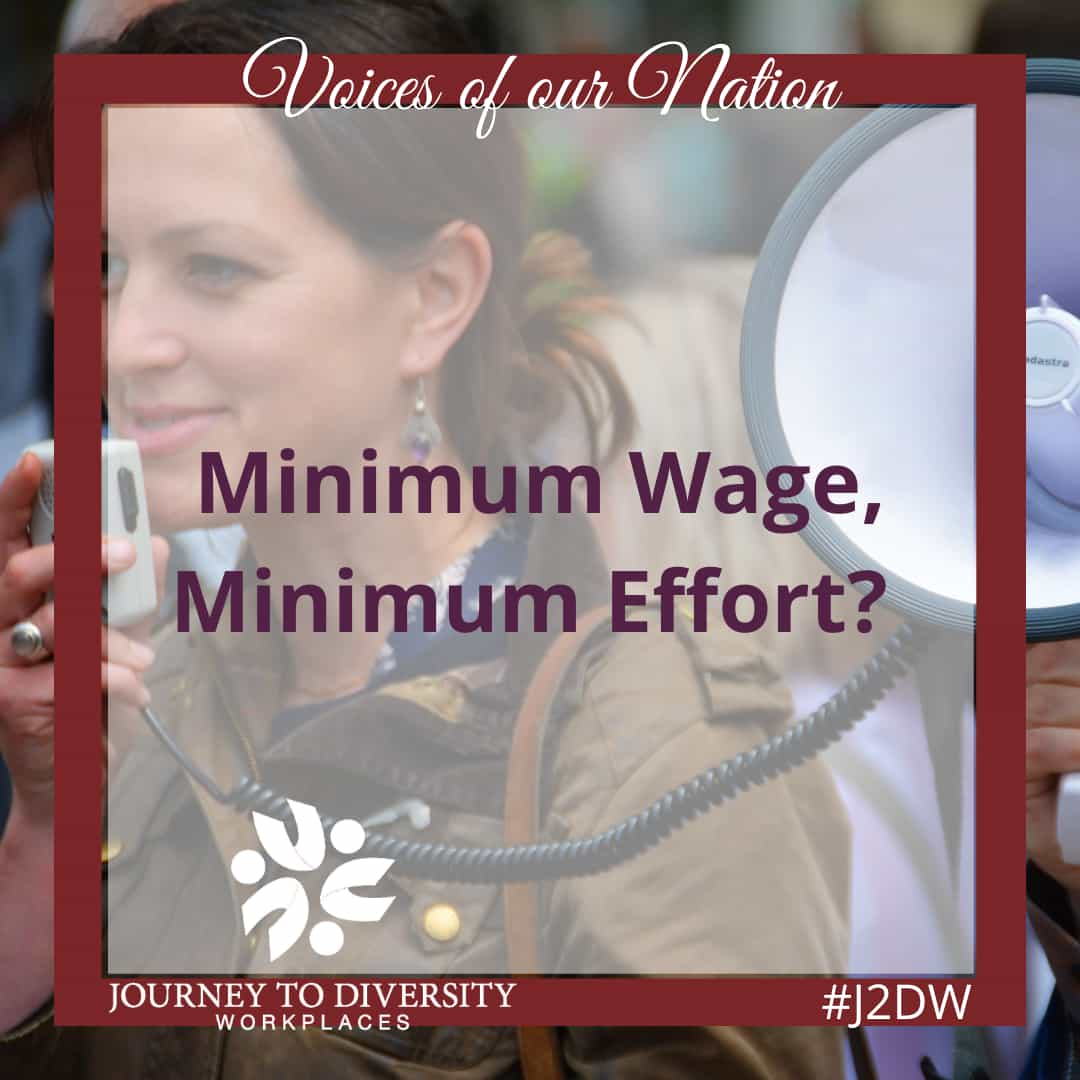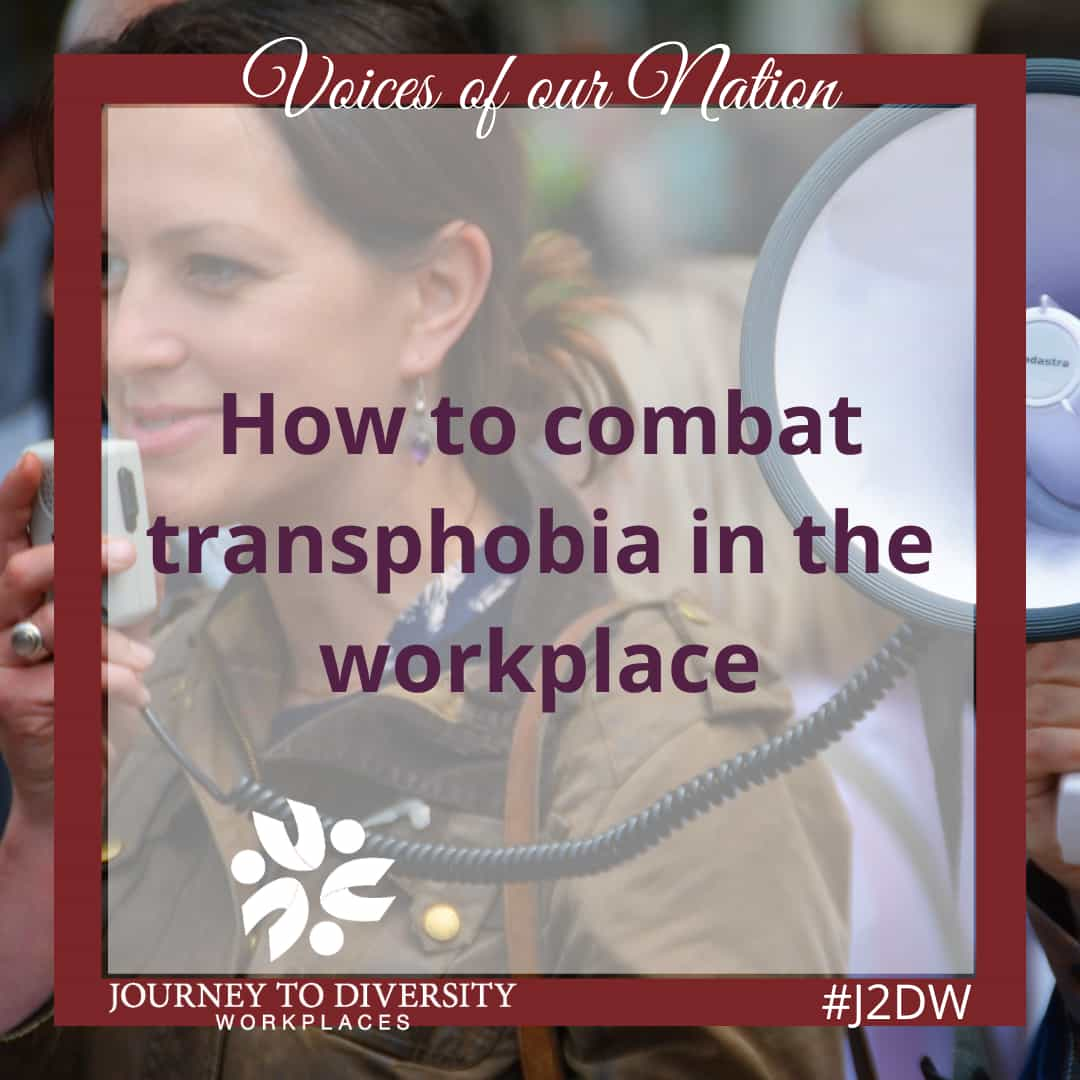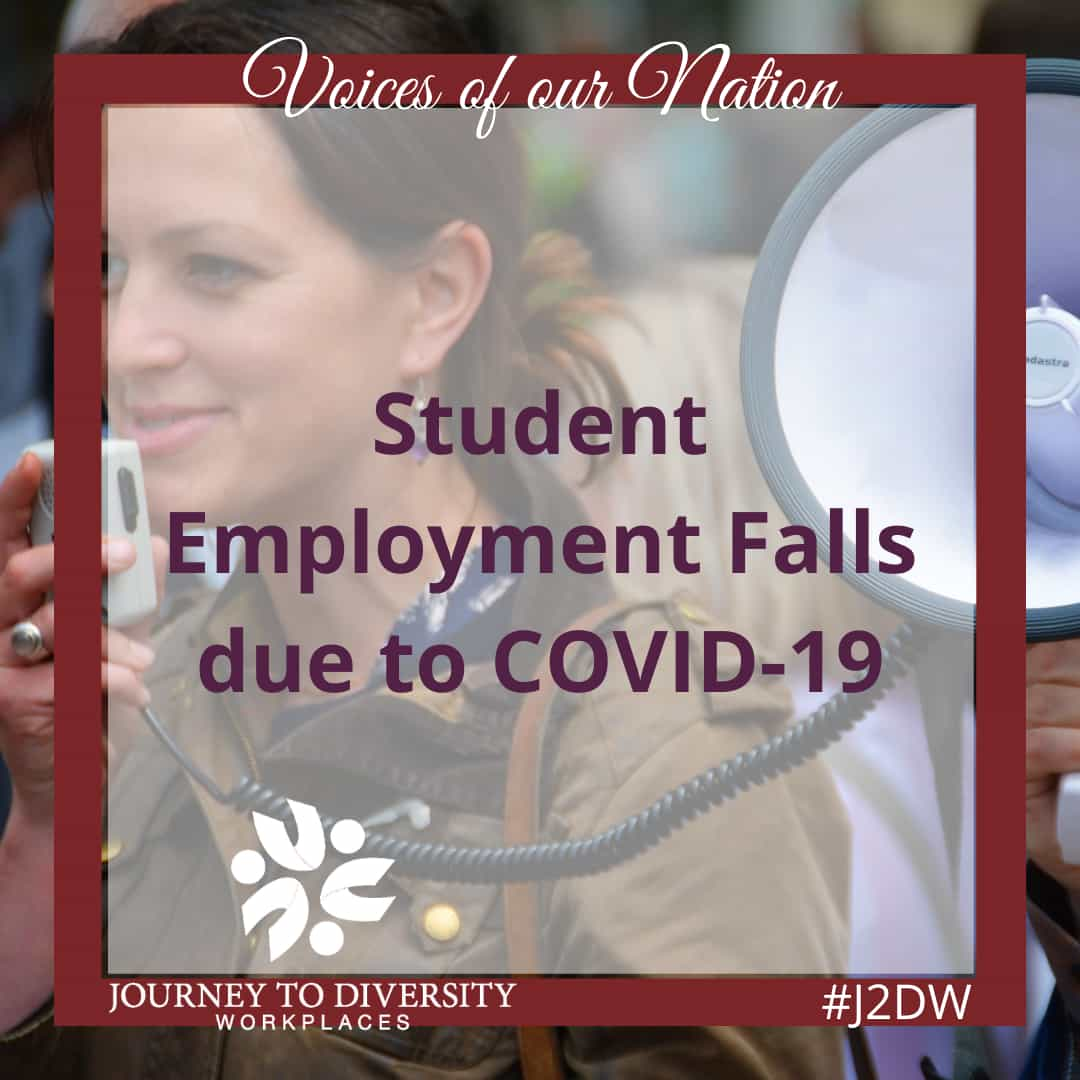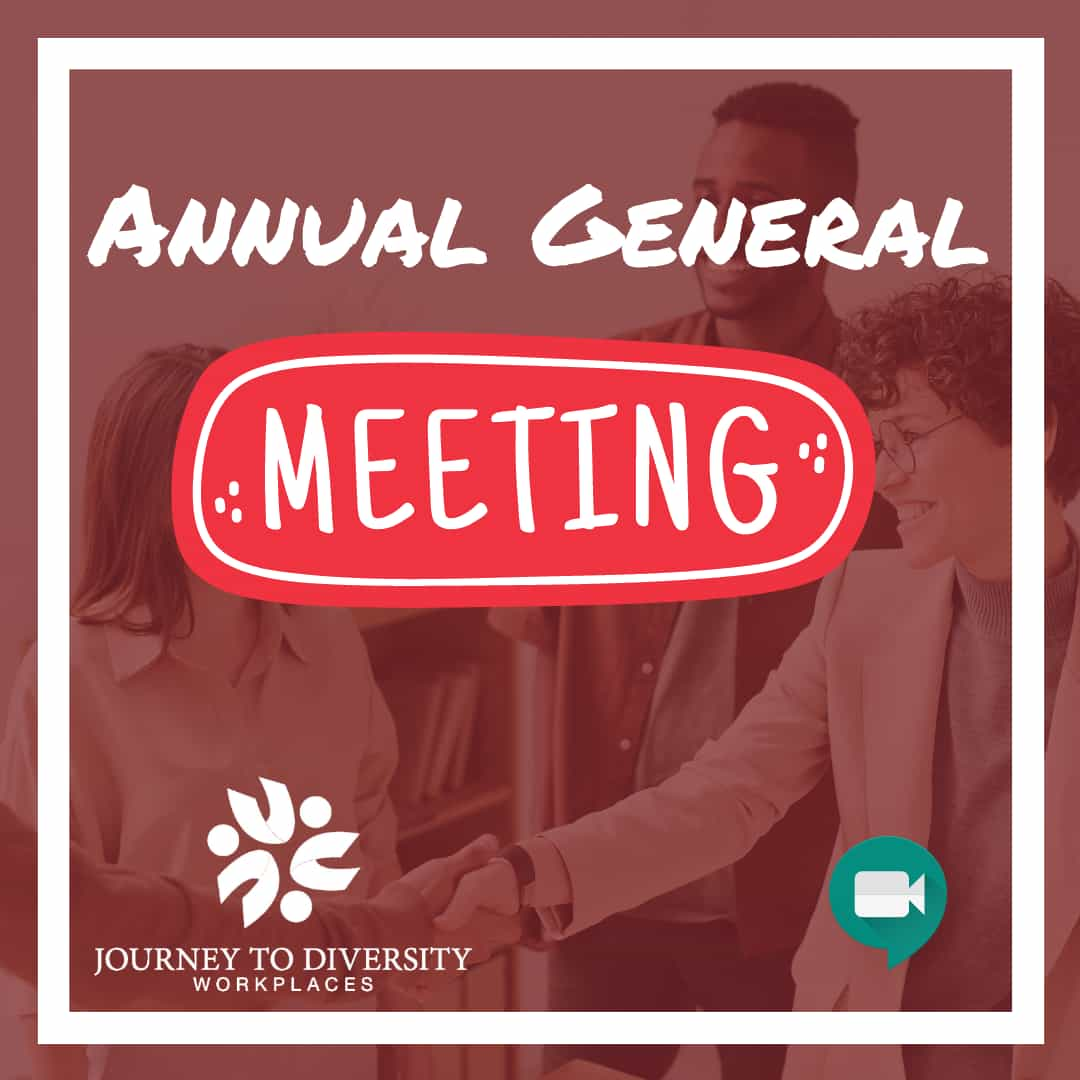In these unprecedented times, the Covid-19 pandemic has brought to light many questions. As the world is moving towards reopening, employees and employers are concerned about what the etiquette surrounding vaccination status will be. Whether or not the question of vaccination status can be posed, not only by customers, but also by employers as a condition for the job. Should employers be allowed to require the disclosure of their employees vaccination status as a condition of employment?
There are two sides to every argument. In this instance, the two opposing sides are those that are in favour of mandatory vaccinations for employees and those that are on the side of personal freedoms. Each side comes with pros and cons. Mandating vaccinations for those who wish to work is not only protecting the safety of the workers, but also encouraging public health. Those who take a stand for personal freedoms also argue that they have a right to their own privacy. When all is considered however, in the midst of a global pandemic the largest factor should be public health and safety.
Taking a look at the current situation and the laws and regulations that the Canadian government has in place, there are many reasons why employers would not be able to require this information. Individuals’ health care information is protected under the Personal Health Information Protection Act, which grants individuals the right to consent to or refuse the disclosure of their personal health information (Personal Health Information Protection Act, 2004). Under this act, it is not within the rights of one’s employer to access any part of their personal medical history without consent (Personal Health Information Protection Act, 2004). This includes vaccination status. However, there is a clause in this act which states that there can be exceptions made in certain circumstances, possibly allowing this act to be overlooked for the sake of public health and safety (Personal Health Information Protection Act, 2004). Looking beyond, it may also come across as unethical to require vaccinations as a requirement for a job, as it could be considered a form of discrimination against those who choose not to or are unable to get it. Workers are protected from discrimination under the Canadian Human Rights Act ensuring that there is equal opportunity (Canadian Human Rights Act, 1985). As there are currently no laws or policies in place that override this act, it remains unethical for employers to require vaccinations as a requirement to work.
This however, brings the question of whether or not there needs to be an amendment to these rules in light of the current situation the world is going through. Given the need for public health and safety, it would be ideal to mandate vaccinations to those that are able to safely receive them, especially if they work in high-risk areas. Taking a look at the medical field, the Canadian Medical Association (CMA) and the Canadian Nurses Association (CNA) have been advocating to have employers require Covid-19 vaccinations for those working in healthcare (Canadian Medical Association, 2021). Their reasoning for wanting this mandate is to maintain and protect the patient’s and healthcare worker’s health (Canadian Medical Association, 2021). The benefits of the vaccine not only directly affects these individuals, but also impacts the capacity of hospitals . Less Covid-19 cases means less patients, clearing up space and staff for other individuals (Canadian Medical Association, 2021). This is just one example of a professional field that benefits greatly from mandatory vaccinations.
Aside from the legality, there has been concern about the etiquette in the workplace in regards to asking individuals what their vaccination status is. Some workplaces have asked their staff and guests to limit their discussions about Covid-19, in particular the vaccination status of employees and patrons. One local spa in Cobourg, Ontario took to their instagram to ask their guests to “keep [their] personal thoughts and questions to [themselves]” (Nourish, July 12, 2021) in relation to “the exhausting conversation” (Nourish, July 12, 2021) that is Covid-19. They went on to suggest acceptable conversation topics such as family, pets, and future vacation plans (Nourish, 2021) . This kind of censorship is something that may become common within the workplace, but limits one’s freedom of expression which is protected in the Canadian Charter of Freedom (Canadian Charter of Rights and Freedoms, 1982).
Having mandated vaccines is nothing new, as there is a myriad of vaccinations one must have to attend public school. To attend public primary and secondary school in Ontario, unless exempt, children must be vaccinated against polio, measles, mumps, rubella, and several other illnesses and diseases (Gov. of Canada, 2015). The attitude surrounding the Covid-19 vaccination is vastly different than that of these vaccines.
Regardless of the etiquette surrounding this topic, it is imprudent to ignore the facts brought forth by scientific experts. The World Health Organization (WHO) made a statement on mandatory vaccinations stating that “[w]hile interfering with individual liberty does not in itself make a policy intervention unjustified, such policies raise a number of ethical considerations and concerns and should be justified by advancing another valuable social goal, like protecting public health” (World Health Organization, 2021, p. 1)
They go on to state several criteria that help define the circumstances in which human rights can be overridden to mandate vaccinations to mass populations(World Health Organization, 2021) . These criteria include necessity and proportionality, sufficient evidence of vaccine safety, sufficient evidence of vaccine efficacy and effectiveness, sufficient supply, and public trust (World Health Organization, 2021). All of these different factors seem to be met in regards to Covid-19, which would make it ethical to require vaccinations for the good of the public.
Looking at the United States as an example, New York City was recently the first major city in the U.S. to require proof of vaccination in several public amenities. These include restaurants, gyms and other businesses. The mayor of New York, Bill de Blasio, was quoted stating that “if you want to participate in our society fully, you’ve got to get vaccinated” (Benveniste, A, 2021). New York has seen a decline in cases as they work towards creating a safer city (Benveniste, A, 2021). On the other side, the governor of Florida, Ron DeSantis, has been seeking to remove the mask mandate from the state saying that “There will be no restrictions and no mandates in the state of Florida” (Reimann, 2021), even as case numbers have begun to rise to a dangerous level and continue to rise.
Overall, the ‘are you vaccinated’ question is a sensitive topic that has very strong and entrenched ideologies on either side. But scientific research and the cost- benefit analysis makes vaccinations- at the very least in some sectors- a requirement for work in order for the economy to open up and the public to be safe.
Citations
Benveniste, A. (2021, August 3) New York City will require vaccines for entry to restaurants and gyms. CNN: Business. https://www.cnn.com/2021/08/03/business/new-york-city-vaccine-requirements/index.html
Canadian Charter of Rights and Freedoms (1982). Retrieved from the Government of Canada website: https://www.canada.ca/en/canadian-heritage/services/how-rights-protected/guide-canadian-charter-rights-freedoms.html#a2a
Canadian Human Rights Act (1985, c. H-6). Retrieved from the Canadian Department of Justice website: https://laws-lois.justice.gc.ca/eng/acts/h-6/page-1.html#h-256819
Canadian Medical Association. (2021, August 3) CMA and CNA call for mandatory COVID-19 vaccinations for health care workers. Retrieved from the Canadian Medical Association website: https://www.cma.ca/news-releases-and-statements/cma-and-cna-call-mandatory-covid-19-vaccinations-health-care-workers
Caspani, M. & Whitcomb, D. (2021, August 3) New York becomes first U.S. city to order COVID vaccines for restaurants, gyms. Reuters. https://www.reuters.com/world/us/nyc-require-proof-vaccination-indoor-activities-mayor-2021-08-03/
Government of Ontario. (2015) Vaccines for children at school. Retrieved from the Government of Canada website: https://www.ontario.ca/page/vaccines-children-school
Nourish [@nourishboutiquespa]. (2021, July 12). Privacy Policy: We all have strong opinions about the choices we make. Let’s also choose to be mindful and respectful of our right to personal privacy… [Instagram photo]. Retrieved from https://www.instagram.com/p/CRPVUVQLyVS/
Personal Health Information Protection Act (2004, c. 3, Sched. A). Retrieved from the Government of Ontario website: https://www.ontario.ca/laws/statute/04p03
Reimann, N. (2021, July 30) Florida’s DeSantis Signing Order To Block Mask Mandates In Schools. Forbes. https://www.forbes.com/sites/nicholasreimann/2021/07/30/floridas-desantis-signing-order-to-block-mask-mandates-in-schools/?sh=24433d1d3d87
This essay was written by summer student Hannah Mastin and edited by summer student Adam Best. This article was funded by the Government of Canada.

